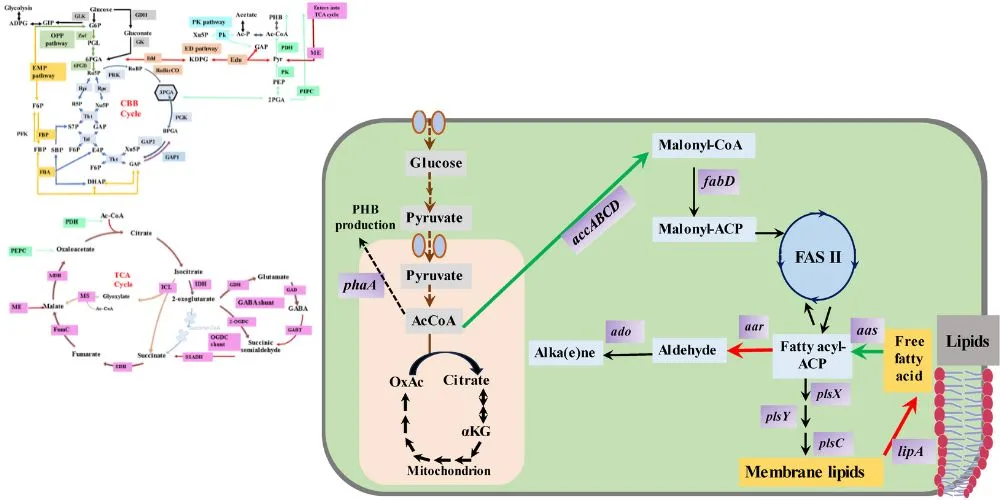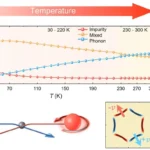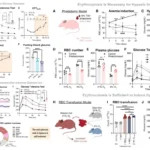The combustion of fossil fuels significantly contributes to climate change, releasing approximately two billion tonnes of carbon dioxide annually. This escalation in CO2 emissions is linked to increased natural calamities and health issues. Transitioning from carbon-based fossil fuels to renewable energy sources is imperative to mitigate these impacts. Biological methodologies for environmentally friendly energy production, especially from photosynthetic microorganisms like algae and cyanobacteria, offer significant promise.
The recent research published in MDPI Energies, entitled “Cyanobacteria as a Biocatalyst for Sustainable Production of Biofuels and Chemicals,” represents a great possibility. As photosynthetic prokaryotes, Cyanobacteria show potential for directly converting CO2 into biofuels and valuable compounds. Recent studies focus on engineering cyanobacteria to produce high-value compounds, addressing challenges associated with first- and second-generation biofuel crops.
Implementing bioenergy on a global scale requires optimizing biomass mobilization, feedstock availability, and sustainability. The balance between economies of scale and transport costs is critical for cost-effective bioenergy supply chains. The shift to biofuels offers advantages like reduced fossil fuel imports and potential price decreases. The United States and Brazil dominate ethanol production, while the European Union leads in biodiesel.
Despite the COVID-19 pandemic, the U.S. achieved a milestone in 2020, demonstrating leadership in renewable energy. According to the National Biofuel Policy, India’s strategic measures aim for a 20% ethanol and 5% biodiesel blend by 2030.
However, challenges persist in biofuel production. While cyanobacteria show promise for direct CO2 conversion, limitations include inefficient synthetic mechanisms and engineering difficulties due to a lack of genomic resources. The cost of biodiesel production remains a hurdle, hindering its economic feasibility compared to petroleum.
Developing nations face challenges in adopting biofuels due to high production costs, infrastructure, feedstock scarcity, funding, and inefficient conversion technologies. Photobioreactors, crucial for biofuel production, have limitations like excessive heating and cleaning issues.
To overcome challenges, researchers must optimize cyanobacteria-based systems, improve strain development, and explore cost-effective strategies. Microalgae cultivation under specific conditions, along with wastewater and aquaculture applications, can contribute to reducing production costs.
Cyanobacteria hold promise as biocatalysts for sustainable chemical and biofuel synthesis. Despite challenges, ongoing research, technological advancements, and investment are essential to realizing their full potential on an industrial scale. Utilizing cyanobacteria as customizable and versatile biocatalysts can revolutionize the bioenergy and chemical industry toward a greener, more sustainable future.





